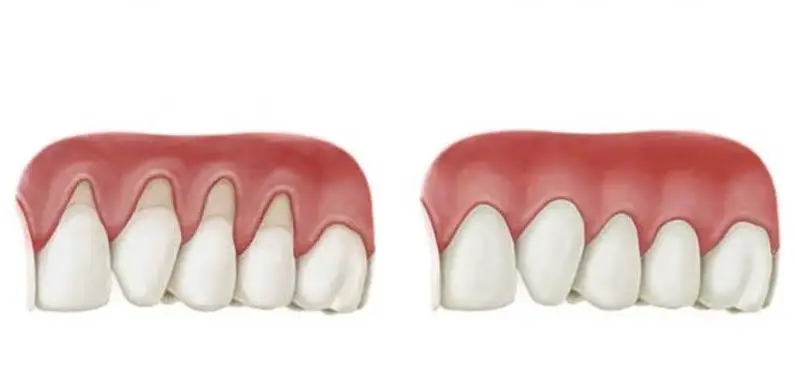Many scientific labs have found links between aluminum and neurotoxic effects over the years. Even though aluminum foil has been linked to Parkinson’s and dementia, we still use it for cooking every day. Industries continue to use aluminum despite the fact that there aren’t enough studies.
Because of the many studies that link aluminum to dangerous conditions, it is natural to wonder if aluminum foil can be used in cooking.
What Does Science Have to Say?
The Keele University in the UK conducted one of the most linked studies online linking aluminum to Parkinson’s and dementia. The study found that Parkinson’s patients had high levels of aluminum in their blood. This man had been working with aluminum all his life and was diagnosed with Parkinson’s at the age of 65. Other studies have also shown that high levels of aluminum were found in the bloodstreams of Alzheimer’s patients.
One of the most striking cases is that of an elderly woman in the UK who succumbed to Alzheimer’s disease in 2004. It was revealed that 20 metric tons had been dumped into her local drinking water years earlier. Aluminum foil is continually produced and sold in markets, despite the fact that it is dangerous for our health.
Aluminum’s dangers are greatest for those who work in agriculture, welding, mining, metal factories, or other related fields. Aluminum vapors can also be inhaled by smokers. Aluminum vapors can get into our lungs, causing residues that can be absorbed directly in our bloodstreams. Aluminum can be found in soil and water at safe levels, but aluminum foil allows for more. Aluminum is all around us and it can be hard to avoid.
Aluminum poisoning is also a concern for those who live near industrial areas. According to the CDC, safe levels of aluminum are 7-9 mg daily from food, water, and air. Only a small amount of aluminum is ingested by our bodies. The rest is eliminated through the digestive system. The majority of aluminum that we consume is retained in our bodies due to digestive problems.
You can find aluminum in:
- Processed foods
- Coffee creamers
- Baby formula
-
- Self-rising flour
- Baking powder
- Salt
- Agents for cakes
- Baked goods
- Vaccines
- Analgesics
- Antacids
- Water bottles
- Tins and cans
- Shampoos, deodorants, and lotions
It’s hard to avoid aluminum, as you can see. Aluminum can be just as damaging to our central nervous systems as smoking cigarettes. Aluminum, like other toxic metals, can lead to degenerative diseases and damage to brain tissue. It is difficult for our bodies to process and can easily pass the brain-blood barrier. It is best to avoid aluminum foil. Aluminum foil is too dangerous and can be avoided.













Leave a Reply